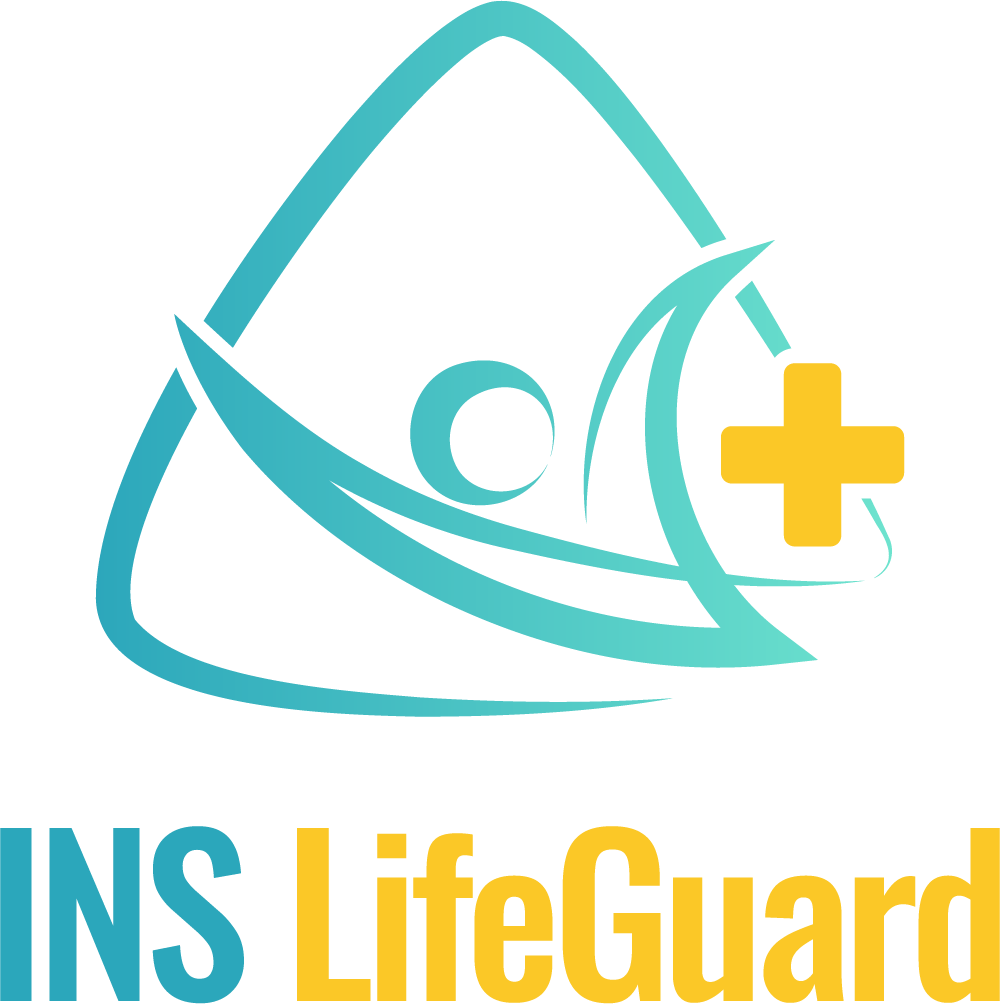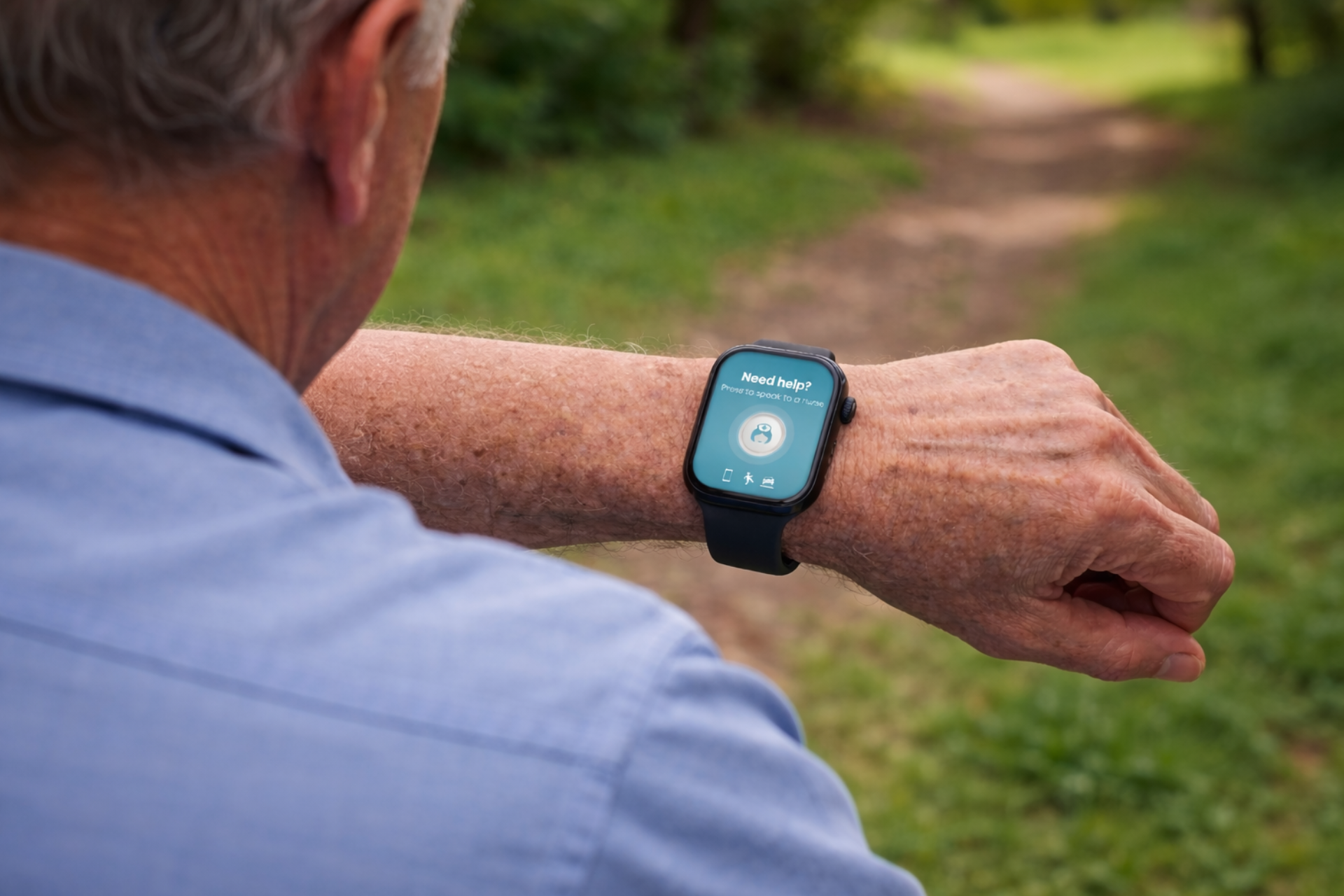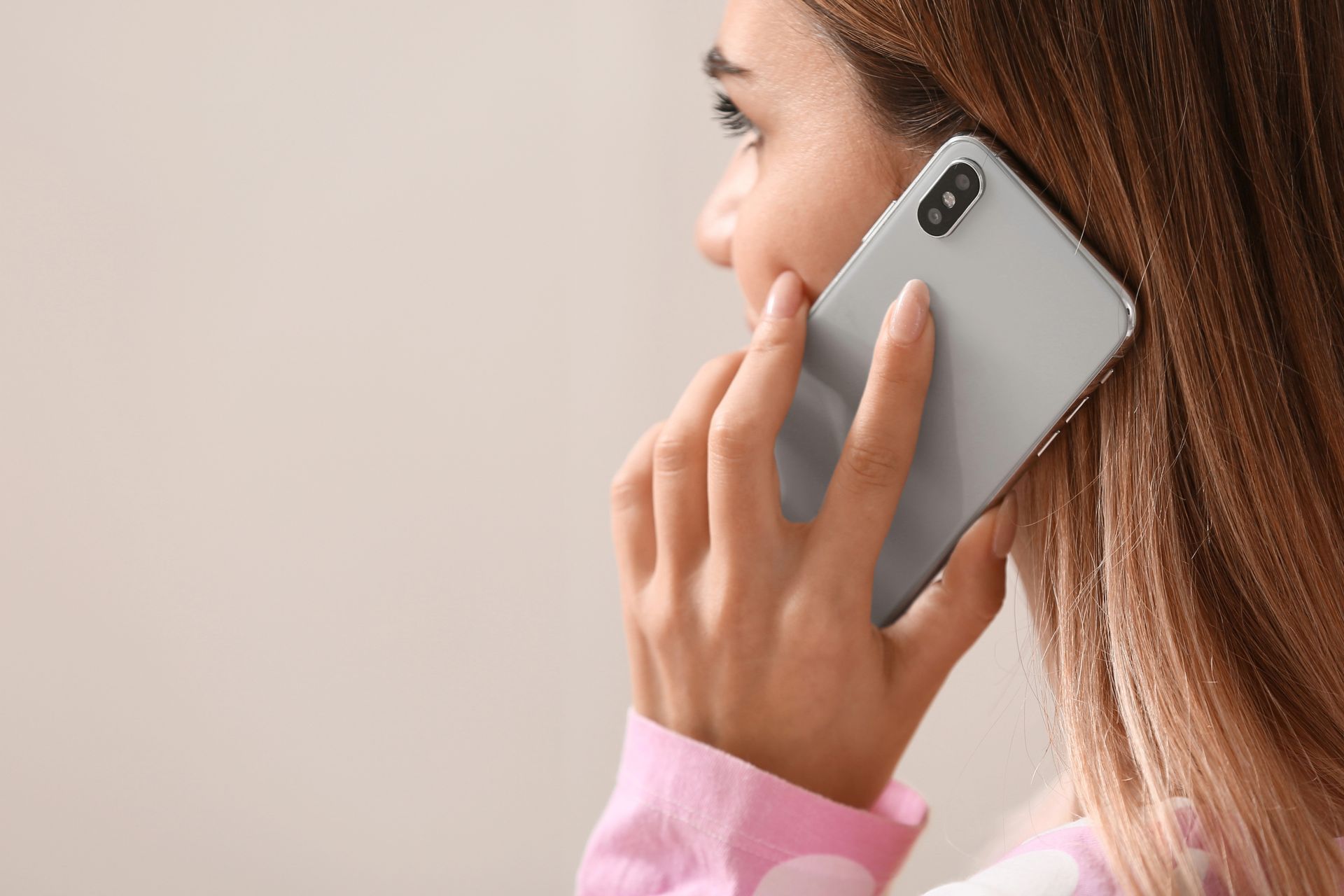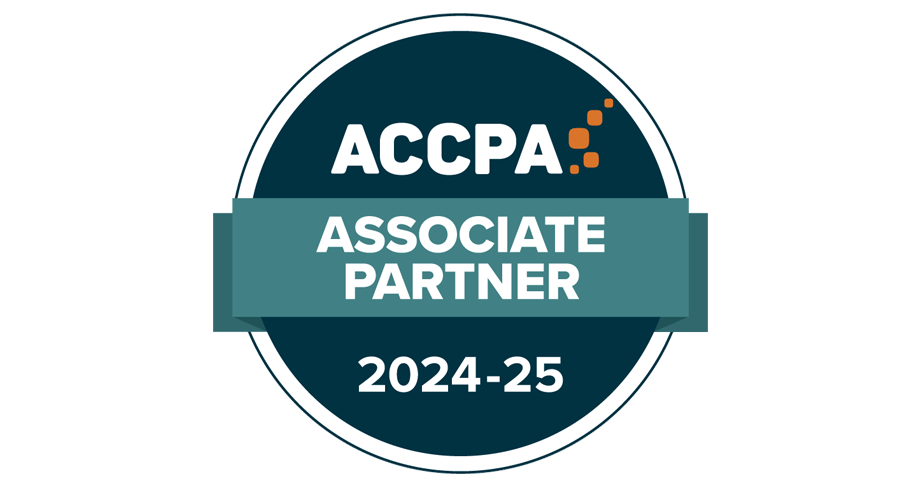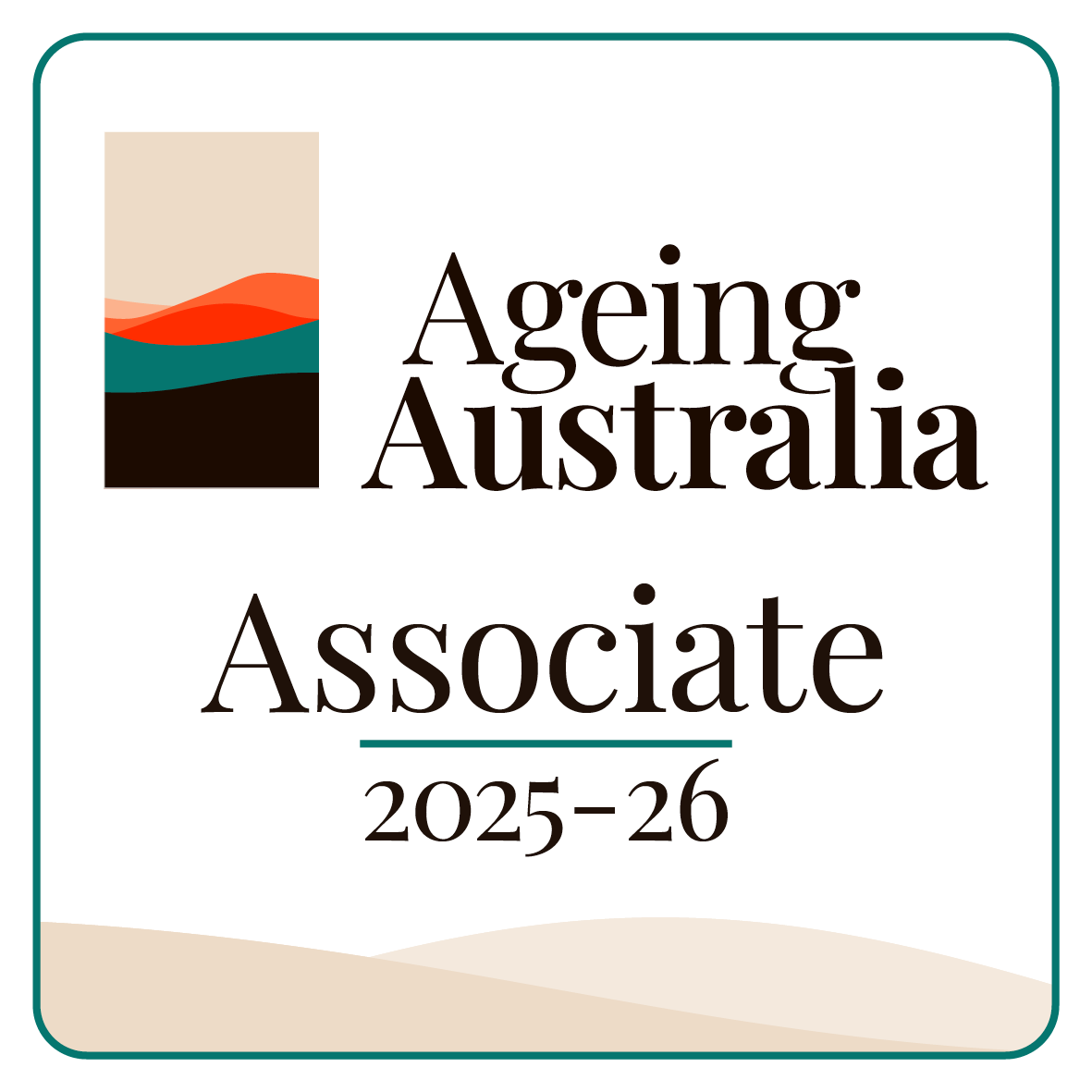Have a Question?
ISDN and PSTN Phone Lines Phasing Out and How It Affects Medical Alarms
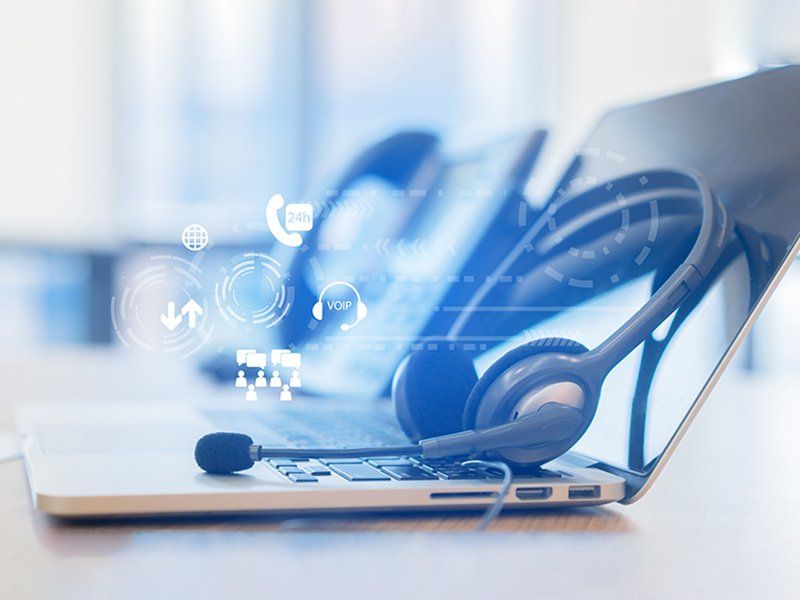
Seniors and those with medical problems use personal alarms in their homes to provide them and their families with the peace of mind that if they should need assistance, help is only the press of a button away.
The shutdown of traditional telephone services like PSTNs and ISDNs has already begun in Australia as the NBN network drives a switch from copper-based voice services to services that run over broadband and data services. Many of the components used to build the legacy infrastructure are becoming obsolete and have ceased being supported by the Telecommunications Carriers.
To help prepare for the Technology switch, it’s important to know the modern telecoms solutions that can replace the ISDN/PSTN, providing availability, reliability and security. With the right technology in place, you can future proof your retirement, independent living or community care organisation, while also improving current process performance.
So what exactly are PSTN and ISDN?
PSTN stands for “Public Switched Telephone Network.” It is the traditional landline phone network that has been in use for decades. This network is being phased out and replaced with various other network offerings both wireless and fixed.
ISDN or “Integrated Services Digital Network” is a circuit-switched telephone network system that transmits both data and voice over a digital line.
Both of these copper-based technologies are gradually being impacted.
Impact of PSTN and ISDN Shutdown on Medical Alarm Devices
The impact of the transition will vary depending on the type of medical alarm device you are using, primarily, villages may have already noticed service issues using the now unsupported DTMF protocols across standard PSTN or ISDN. If your medical alarm uses PSTN or ISDN, you will likely need to switch to a mobile-compatible alarm or one that uses other network connectivity options, such as ethernet or wifi with mobile backup.
With the PSTN and ISDN networks progressively being phased out, clients who are accessing medical alarms via these networks will need to take action to ensure that their devices are compatible with these network changes. We have already seen a significant effect on community care organisations and retirement villages that are still using older alarm systems on the PSTN and ISDN network.
These devices are critical for people who need help, so it is essential to ensure that your medical alarm is ready for the changes.
What Preparation Can You Do?
If you are using a medical alarm, the first step is to check with your provider to see if your device is compatible with 4G LTE. If it is not, you will need to upgrade to a new alarm that is compatible with the 4G LTE network or another type of network connectivity option.
The INS Group can provide all-in-one subscription rental solutions to upgrade to our most recent 4G technologies, for a simple, low-cost monthly price with no upfront costs. Coupled with Australia’s Premiere Emergency Response Service, you can provide your residents with the very best Medical Alarm Technology.
Final Thoughts
The shutdown moves away from the traditional PSTN and ISDN networks will have a significant impact on medical alarm users. Switching from a system you have relied on for so long can seem daunting, but with the help of INS, you can make sure that your alarm is compatible with the new network and that help can still be received in an emergency.
Contact The INS Group at 1800 636 040 or fill out our Contact Form today if you’re ready to get the assistance to upgrade your medical alarm to the latest technology.

About
INS LifeGuard is the only 24/7 nurse on-call personal and medical monitoring in Australia. We provide monitoring technology for both in the home and on the go and can also monitor other provider's equipment. Our services are suitable for anyone wanting support to stay independent such as the elderly, those with medical conditions and disabilities plus enhancing safety and security for lone workers.
